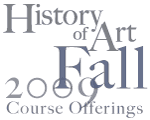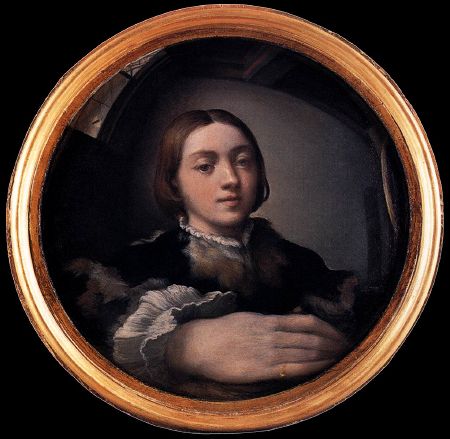What is the purpose of art? Where do artists find their ideas? How is it that objects have effects on viewers? How is the artist's work analogous to divine creation? During the early modern period in Europe all sorts of people--artists, poets, academicians, princely secretaries, clergymen--sought answers to such questions. The Humanist revival of ancient Greek and Roman literature in the fourteenth and fifteenth centuries was crucial to the early modern idea that the making and enjoying of visual art should be considered a philosophical activity. From the Renaissance onward, treatises, dialogues and poems aimed at wider readerships fueled the discussion of how visual art affects our moral lives and how it reveals truths about the human condition. That art has an ethical purpose, that it employs the higher faculties of the mind, and that it offers instruction as well as delight, are all ideas that contributed to the modern conception of art as a powerful way of knowing and representing the world. Artists often reflected on their activity in works of art and pushed the envelope of what could be expressed in material form.
This seminar will offer an introduction to early modern European thought about visual art--from the fifteenth to the eighteenth century--based on selected writings in English translation and on a wide range of paintings, sculptures, drawings and prints, with emphasis on works by Italian, German, Dutch and English artists. Readings will be drawn from Giovanni Boccaccio, Leon Battista Alberti, Leonardo da Vinci, Baldesar Castiglione, Albrecht Duerer, Giorgio Vasari, Michelangelo Buonarroti, Joshua Reynolds, and others.
Estimated cost of materials: $100 or more, but less than $150.
D. 4

